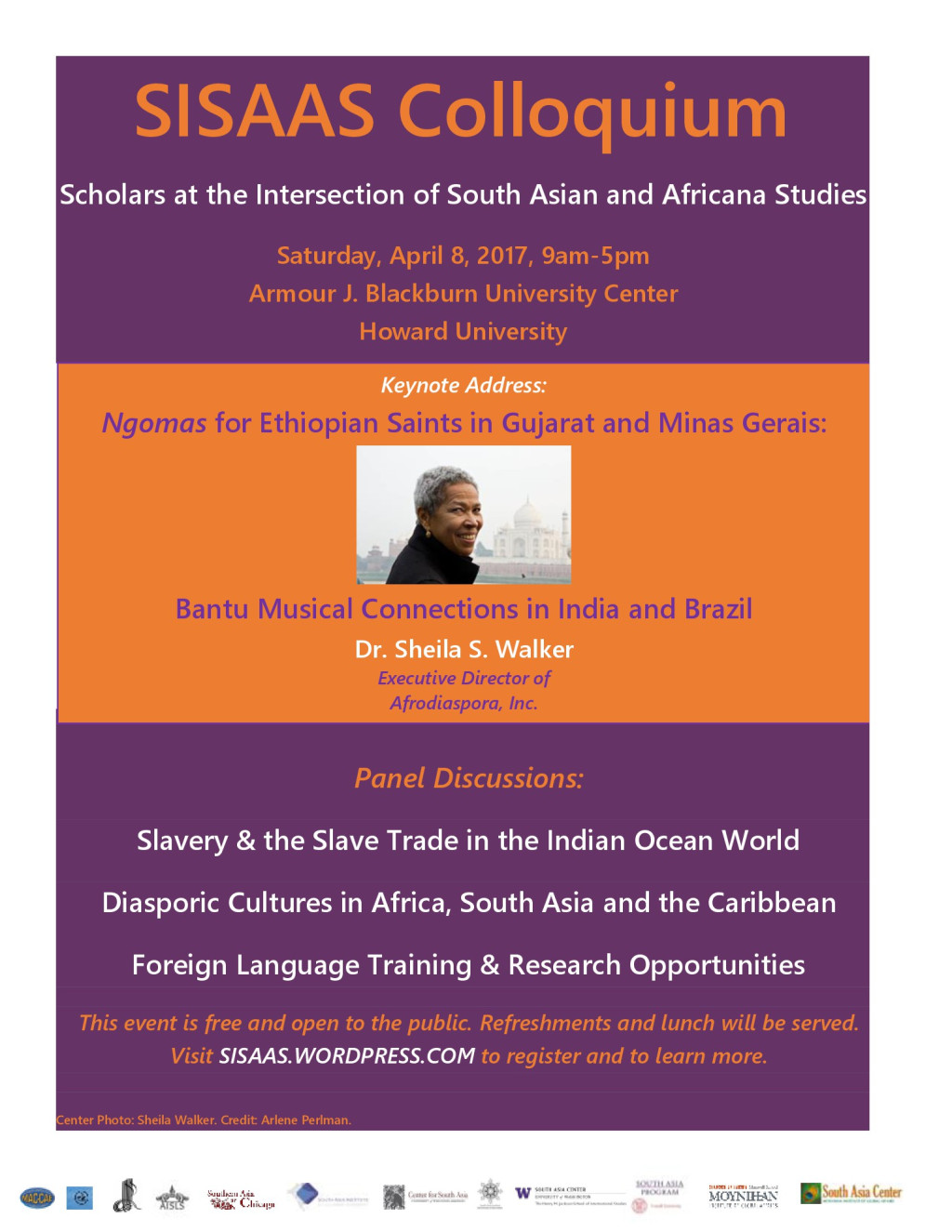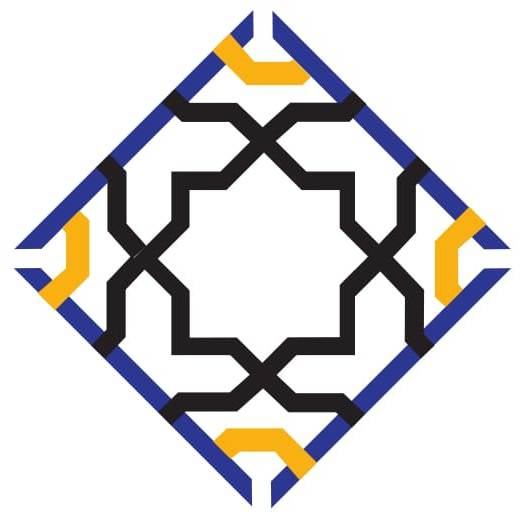Jason Keith Fernandes will present a paper entitled ‘The Untouchable Citizen’
 Image credit: Memórias da India Portuguesa
Image credit: Memórias da India Portuguesa
The lecture will be a part of the South Asia Seminar Series, more information can be found here.
![]()


















 The SISAAS Colloquium – Scholars at the Intersection of South Asian and Africana Studies – will include a talk by
The SISAAS Colloquium – Scholars at the Intersection of South Asian and Africana Studies – will include a talk by